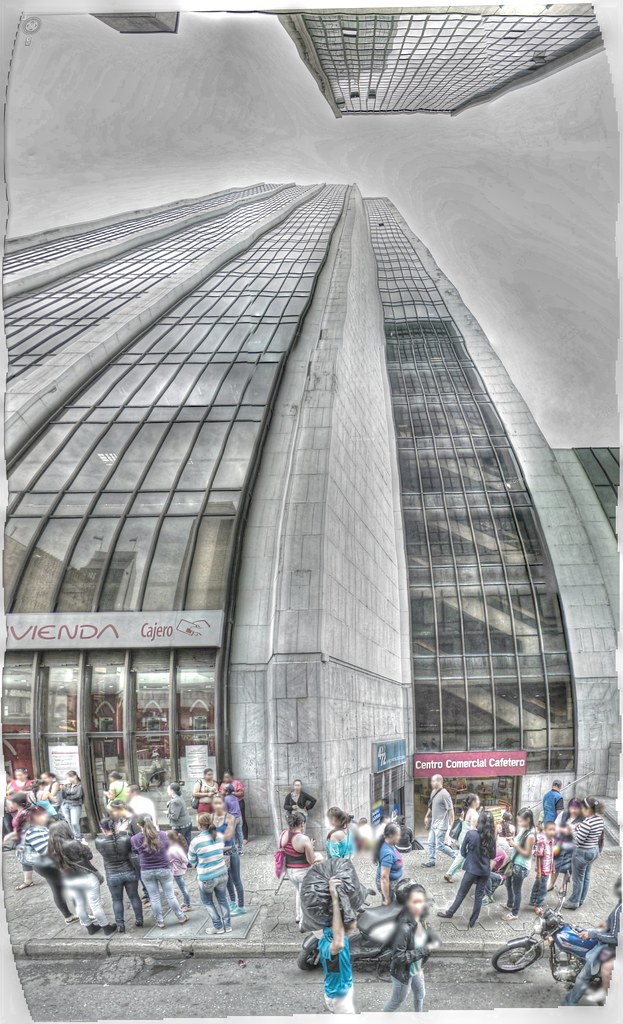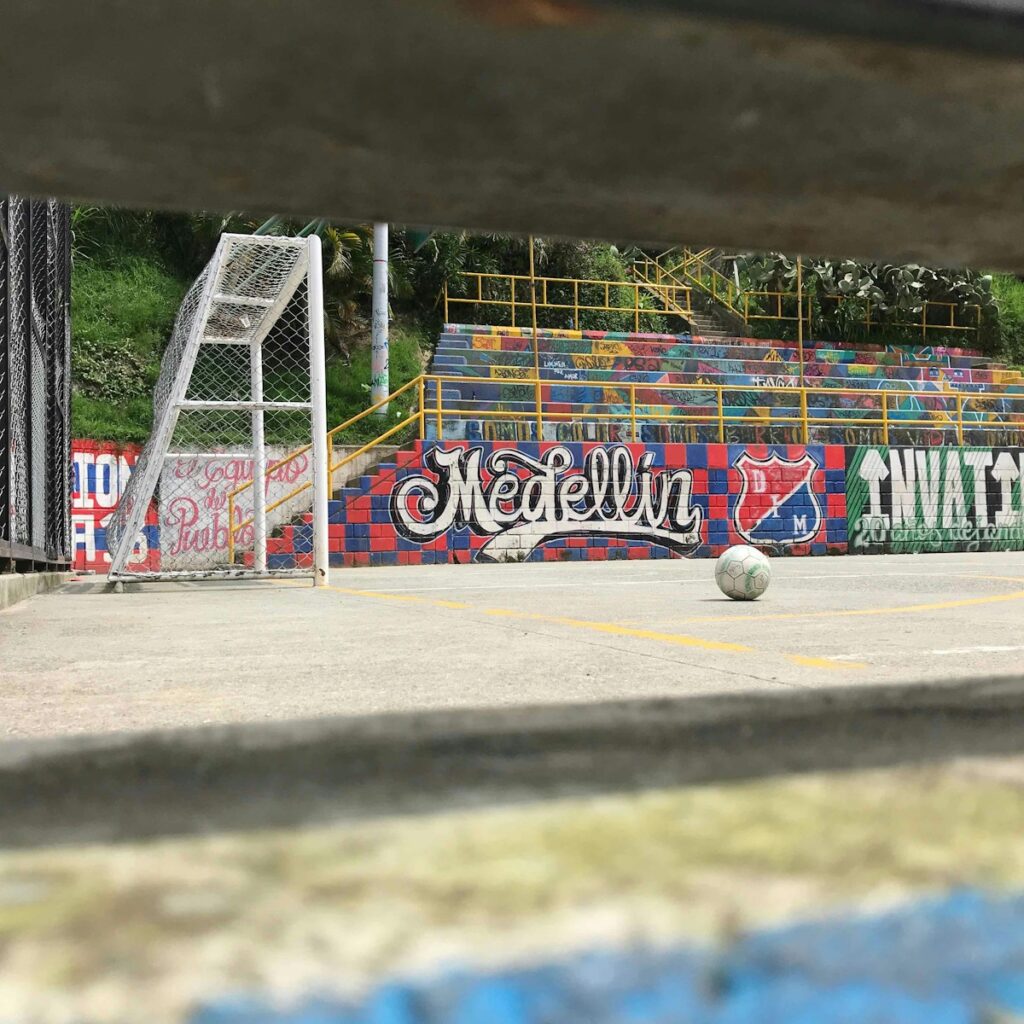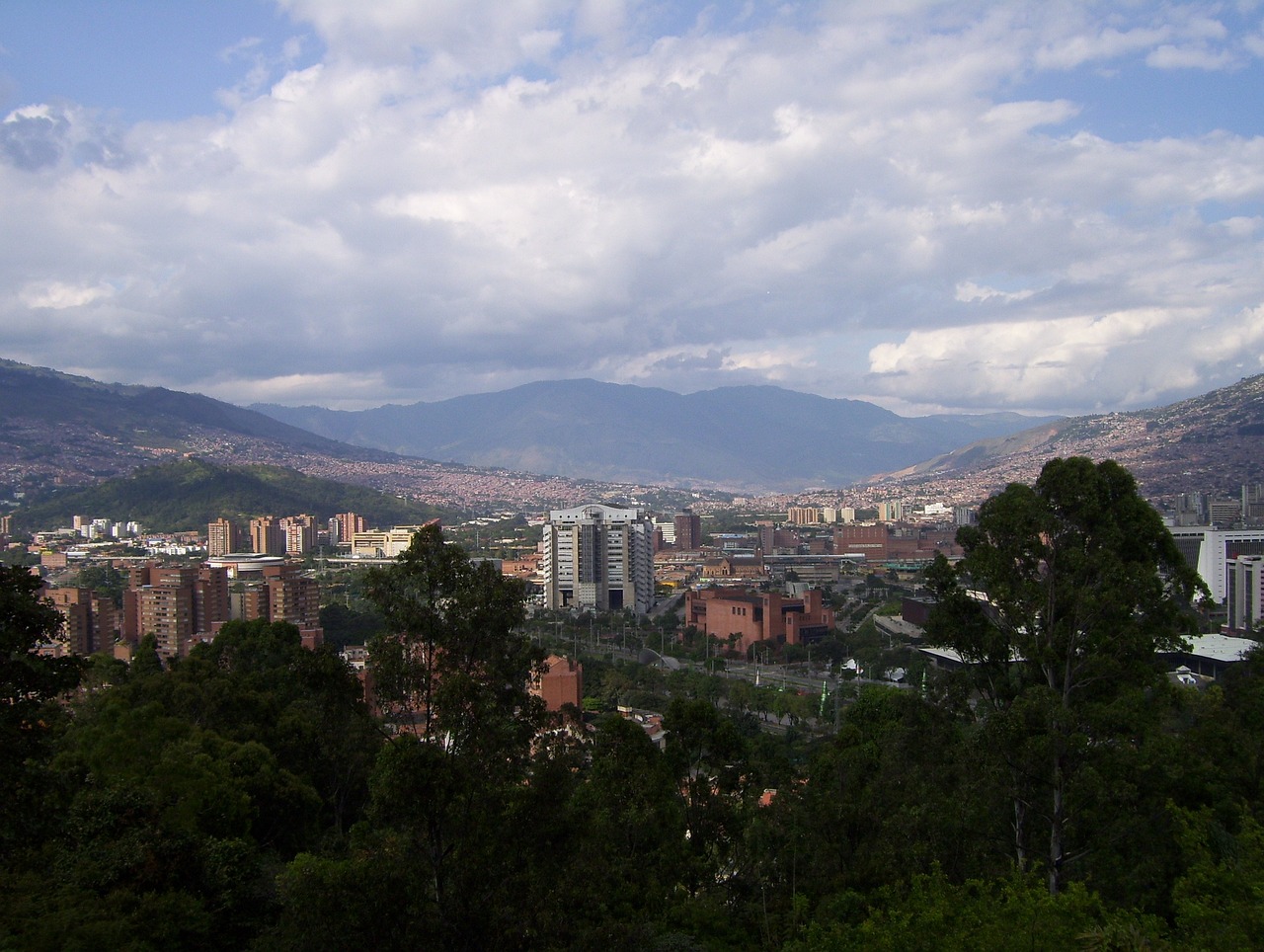Medellín, Colombia’s second-largest city, is poised for a remarkable surge in business tourism, with projections indicating a 25% increase by 2028. This substantial growth reflects the city’s transformation, strategic initiatives, and its rising status as a key business hub in Latin America. In this article, we’ll explore the factors driving this growth, its implications for Medellín’s economy and infrastructure, and how the city is preparing to welcome an influx of corporate travelers.
Medellín’s Transformation: From Troubled Past to Business Destination
To understand the significance of this projected growth, it’s crucial to consider Medellín’s remarkable transformation over the past few decades. Once notorious for drug-related violence and crime in the 1980s and 1990s, Medellín has undergone a dramatic metamorphosis, emerging as a model of urban innovation and resilience.
Key elements of Medellín’s transformation include:
- Social Urbanism: Innovative urban projects that improve mobility, public spaces, and quality of life for residents.
- Education and Innovation: Investments in education and the establishment of innovation hubs and tech parks.
- Infrastructure Development: Significant improvements in public transportation, including the metro system and cable cars.
- Safety and Security: Dramatic reductions in crime rates and improvements in public safety.
- Cultural Renaissance: Promotion of arts, culture, and events that have put Medellín on the global map.
These changes have not only improved life for locals but have also caught the attention of the international business community, setting the stage for the projected growth in business tourism.
Factors Driving the 25% Increase in Business Tourism
Several interrelated factors contribute to the expected 25% growth in Medellín’s business tourism by 2028:
- Strategic Location and Connectivity
Medellín’s geographical position makes it an ideal hub for business in Latin America. The city’s José María Córdova International Airport has been expanding its international routes, improving connectivity with major global business centers.
- Growing Innovation Ecosystem
Medellín has established itself as a center for innovation and entrepreneurship in Latin America. Initiatives like Ruta N, a public-private partnership aimed at promoting science, technology, and innovation, are attracting international businesses and entrepreneurs.
- Cost-Competitive Destination
Compared to other major Latin American cities, Medellín offers competitive costs for hosting events and accommodating business travelers, making it an attractive option for international companies.
- Improving Infrastructure
Ongoing investments in convention centers, hotels, and transportation infrastructure are enhancing Medellín’s capacity to host large-scale business events and accommodate corporate travelers.
- Safety and Stability
Continued improvements in safety and Colombia’s overall political stability are boosting confidence among international businesses and travelers.
- Government Support
Local and national governments are actively promoting Medellín as a business destination, offering incentives for international companies and supporting the development of business tourism infrastructure.
- Rise of ‘Bleisure’ Travel
Medellín’s attractive climate, cultural offerings, and nearby natural attractions make it ideal for combining business with leisure, a growing trend among corporate travelers.
- Emerging Industries
The city’s focus on developing sectors such as healthcare, IT, and creative industries is attracting specialized conferences and business travelers in these fields.
- Colombian Economic Growth
As Colombia’s economy continues to grow and integrate with global markets, Medellín, as a key economic center, is seeing increased international business activity.
- Recognition and Awards
Medellín’s receipt of various international awards for innovation and urban development has raised its profile in the global business community.

Implications for Medellín’s Economy and Infrastructure
The projected 25% increase in business tourism by 2028 will have significant implications for Medellín:
- Economic Impact
- Job Creation: Growth in business tourism is expected to generate thousands of new jobs in hospitality, event management, and related services.
- Foreign Investment: Increased business visits could lead to more foreign direct investment in the city.
- Economic Diversification: The boost in business tourism will help diversify Medellín’s economy, reducing reliance on traditional industries.
2. Infrastructure Development
- Hotel Expansion: The city will likely see significant investment in new business-oriented hotels and the upgrading of existing properties.
- Convention Center Capacity: Expansion and modernization of convention facilities will be necessary to accommodate larger and more frequent business events.
- Transportation Enhancements: Further improvements to the city’s transportation system, including possible expansion of the metro and cable car networks, may be required.
3. Urban Planning Challenges
- The influx of business travelers may put pressure on certain areas of the city, requiring careful urban planning to manage growth sustainably.
- Balancing the needs of tourists with those of local residents will be crucial to maintain the city’s livability.
4. Technology and Innovation
- To cater to business travelers, Medellín will need to continue investing in technological infrastructure, including high-speed internet and smart city initiatives.
- The growth may spur further innovation in travel tech and event management solutions.
5. Cultural and Social Impact
- Increased international business presence may lead to greater cultural exchange and diversity in the city.
- There may be a growing demand for bilingual services and international education options.
6. Environmental Considerations
- The city will need to balance growth with sustainability, potentially leading to the development of eco-friendly business tourism initiatives.
Preparing for the Surge: Medellín’s Strategies
To capitalize on the projected growth and address potential challenges, Medellín is implementing several strategies:
- Expansion of Meeting and Convention Facilities
- Plans are underway to expand and modernize existing convention centers, such as Plaza Mayor.
- Development of new, state-of-the-art meeting facilities to accommodate larger international conferences.
2. Hotel Development
- Encouraging investment in new business-oriented hotels, particularly those of international brands.
- Supporting the upgrading of existing hotels to meet international business standards.
3. Skill Development and Training
- Investing in hospitality and tourism education to ensure a skilled workforce capable of delivering high-quality services to business travelers.
- Language training programs to improve English proficiency among those working in the tourism sector.
4. Marketing and Promotion
- Targeted marketing campaigns positioning Medellín as a premier business destination in Latin America.
- Participation in international trade shows and events to promote the city’s business tourism offerings.
5. Sustainability Initiatives
- Developing green meeting standards and encouraging sustainable practices in the business tourism sector.
- Promoting Medellín’s commitment to sustainability as a selling point for environmentally conscious corporations.
6. Technology Integration
- Investing in smart city technologies to enhance the experience of business travelers.
- Developing apps and digital platforms to streamline business travel services in the city.
7. Collaboration with Local Businesses
- Fostering partnerships between the tourism sector and local businesses to create unique experiences for corporate visitors.
- Encouraging the development of business tourism packages that showcase Medellín’s innovation ecosystem.
8. Infrastructure Improvements
- Continued investment in transportation infrastructure, including possible expansion of the airport and improvements to road networks.
- Enhancing digital infrastructure to ensure seamless connectivity for business travelers.
9. Safety and Security Measures
- Ongoing efforts to improve safety and change lingering negative perceptions about the city.
- Implementation of advanced security measures at business tourism facilities.
10. Diversification of Offerings
- Developing niche business tourism segments, such as medical tourism and tech industry events.
- Creating unique “bleisure” packages that combine business facilities with leisure experiences.
Challenges and Considerations
While the outlook is positive, Medellín faces several challenges in achieving and managing this growth:
- Competition from Other Latin American Cities
Medellín will need to differentiate itself from other emerging business destinations in the region, such as Panama City, Lima, and Santiago.
- Infrastructure Capacity
Ensuring that the city’s infrastructure can keep pace with the growing number of business travelers will be crucial.
- Maintaining Authenticity
As the city caters more to international business travelers, there’s a risk of losing the local charm and authenticity that makes Medellín unique.
- Economic Fluctuations
The business tourism sector can be sensitive to global economic conditions, requiring strategies to navigate potential downturns.
- Environmental Sustainability
Managing the environmental impact of increased business tourism will be essential for long-term sustainability.
- Workforce Development
Ensuring a sufficient supply of skilled workers in the hospitality and events sector to meet growing demand.
- Balancing Growth with Local Needs
Managing the potential impacts of tourism growth on local communities, such as rising costs of living and gentrification.

Future Trends Shaping Medellín’s Business Tourism
Looking ahead to 2028, several trends are likely to shape Medellín’s business tourism landscape:
- Tech-Driven Experiences
Medellín’s growing reputation as a tech hub will likely lead to more technology-focused business events and innovative uses of tech in the tourism experience.
- Sustainable Business Tourism
The city may become a leader in sustainable business tourism, leveraging its reputation for innovation to develop eco-friendly event solutions.
- Health and Wellness Integration
Medellín’s growing medical tourism sector may intersect with business tourism, offering corporate travelers access to wellness experiences and medical services.
- Cultural Business Events
Leveraging Medellín’s rich culture and creative industries to create unique business events that blend work with cultural experiences.
- Remote Work Hubs
The city may develop specialized facilities and services catering to digital nomads and remote workers, blending business travel with extended stays.
- VR and AR Enhancement
Virtual and augmented reality technologies may be used to enhance business events and provide immersive experiences for corporate travelers.
- Personalization at Scale
Advanced data analytics and AI may enable highly personalized experiences for business travelers, from customized event recommendations to tailored city tours.
Conclusion
The projected 25% increase in business tourism in Medellín by 2028 represents a significant opportunity for the city to solidify its position as a key business hub in Latin America. This growth is a testament to Medellín’s remarkable transformation and the success of its innovative urban development strategies.
The surge in business tourism is expected to bring substantial economic benefits, creating jobs, attracting investment, and further diversifying the city’s economy. However, it also presents challenges in terms of infrastructure development, sustainability, and maintaining the unique character that makes Medellín attractive.
To fully capitalize on this opportunity, Medellín will need to continue its trajectory of innovation and strategic planning. This includes not only expanding and improving its business tourism infrastructure but also ensuring that growth is managed sustainably and benefits the local community.
The city’s success in navigating this growth will depend on the collaborative efforts of local government, the private sector, and the community. By leveraging its strengths in innovation, sustainability, and cultural vibrancy, Medellín has the potential to create a unique value proposition for business travelers that sets it apart from other destinations in the region.
As Medellín prepares for this new era of growth in business tourism, it stands poised to not only boost its economy but also to showcase its remarkable story of transformation to a global audience. The coming years will be crucial in shaping Medellín’s future as a business destination, and with careful planning and continued innovation, the city is well-positioned to exceed expectations and set new standards for business tourism in Latin America.





